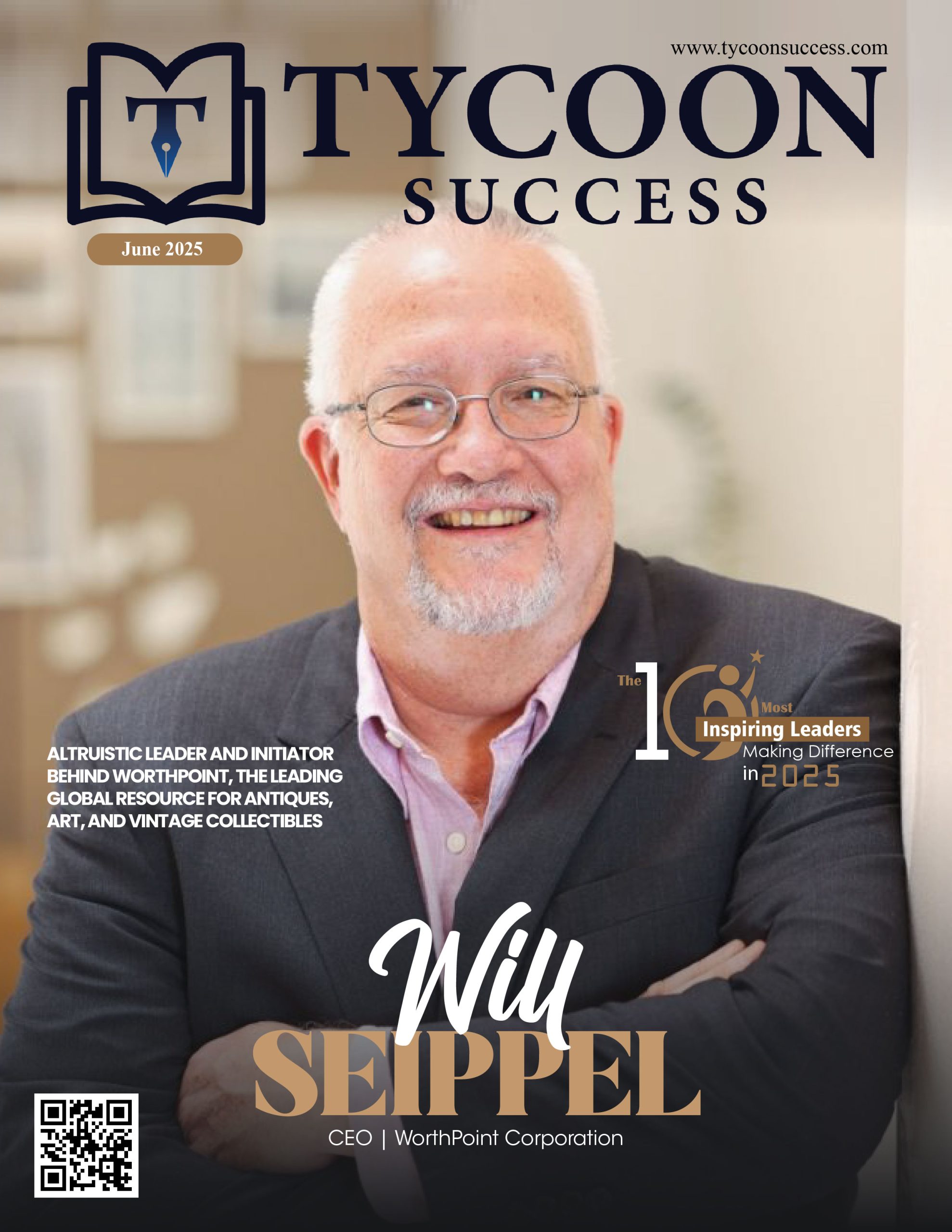As a business leader, you have an important duty and task to protect your company´s people, assets, information and brand reputation. And you must set an example for others to follow – mentally and physically, ethically and digitally, personally and professionally.
Real change happens through people, and real risk management happens via the security culture. It is not just about putting up a fence or install an antivirus system. To lead to and assure the highest – and necessary – security standards and culture, it must be rooted and spread.
The first step towards culture change is a shift in mindset, which means that management and staff need to change their habits. If we define a company culture as shared everyday habits, leaders must take steps to improve these daily habits in order to create a new awareness and a new security awareness culture. The risks and stakes are too high not to do so.
I always know what risks might be ahead for my company, business and staff. It enables me to have the proper mitigation processes in place. They are constantly developing and changing, along with the risks and business world. Tomorrow is a new day with new risks and new opportunities. In the security sector, we always look ahead. We think of the unpredictable too, as new risks are constantly arising, along with new measures being required.
To lead or follow
By being aware of the risks, we can prevent. And we must be proactive and preventative in your mindset and actions and take the lead.
In essence, security specialists are the voice of the inconvenient truth and leaders should be too. We must pay close attention to the importance of listening to people and organizations with other views than our own. It is the only way that we can broaden our horizons, know a fuller picture – and lead in the right direction.
It is easy to follow – maybe too easy – what everyone else is doing, but it does not make you a business – or political – leader. It does not minimize risks to the maximum and it certainly does not secure next year´s turnover and your current business
I encourage people to have or to find the courage to speak up if there is something you do not agree with or have critical information about. It can save your business, your reputation and it can save people.
Ways to lead by example
‘Lead by example’ also means that you listen to the people around you. You see what is going on (and you investigate further if there is something you do not understand). You speak with your staff and with the people around you. Make sure you are available to them when they have something they want to say and share. Show respect – also to people you do not agree with. And have the courage to lead.
By following these simple steps, you become a better leader, make sure that your company is open for a new and better security culture, which at the end of the day – and financial year – can mean a higher turnover and valuation of your company and reputation.
Managing Risks & Risk Management
We do business in increasingly uncertain times. Risks are dynamic and predictably unpredictable. We are more interconnected and technological than ever before. The global business environment is constantly changing and leaders should rise and adapt to this new reality. Risk management should be key from a strategic perspective and a key factor to achieve strategic goals and turnover.
With the world being more interconnected, we are also seeing a strong tendency for communities, people and companies to come together, joining forces and operating cross sector and cross borders. Especially in times of crisis, knowledge sharing and synergy are essential and we all need to take responsibility, professionally and also on a private level. One of my contributions is to democratise my extensive security and intelligence knowledge and crisis management experience gained throughout the past 25 years on the global security scene. I recently wrote the book “Your Urban CRISIS SURVIVAL PLANNER” to share and raise the security awareness, understanding and ultimately improve it. We should all contribute in our own ways and lead by example.
A game of dominoes
A crisis can be seemingly small or even insignificant. However, a crisis always creates a domino effect that should not be overlooked. And a crisis is very likely – directly or indirectly – to have an impact on turnover and human resources, customers and employees both internally and externally, and in the present and future. As we are in the midst of a global pandemic and its domino effect, we have a unique opportunity to prepare for and prevent future crises by learning from the current crisis and experiences.
With crises and crime, there are often hidden costs of chain reactions, many of which are long term. From an increase in insurance premium to operational disruption or destruction, lost value in customer relationship and contract revenue, devaluation of brand, etc. Crises certainly never come alone.
The future now
A lack of awareness of risks and of people’s roles and responsibility as far as preventing and controlling risks, and of ways of using risk data and new technologies and tools, increase the challenges of risk management.
Risk management should play an important offensive and defensive role. It is an important tool to preventatively and proactively assist a company in achieving strategic goals, innovation, and resilience. And a future.







